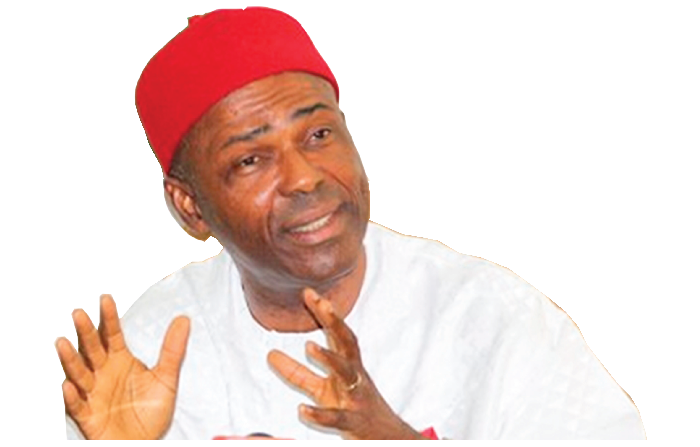The Minister of Science, Technology and Innovation, Dr. Ogbonnaya Onu, has said the 2022 Revised National Energy Policy (NEP) and National Energy Master Plan (NEMP) will positively impact Nigeria’s energy sector.

He made this assertion while speaking to journalists after the Federal Executive Council (FEC) chaired by President Muhammadu Buhari approved the two documents on Wednesday, April 27, 2022, in Abuja.
Onu pointed out that the revised policy and master plan would enable Nigeria take optimum advantage of available sources of energy in the country.
“Nigeria has abundance of crude oil, fossil fuels, and variants of renewable energy (solar, hydro, wind, geothermal and biomass), in commercial quantities, and a good mix of all these will greatly improve energy supply in the country,” he said.
The NEP and NEMP were developed by the Energy Commission of Nigeria (ECN), a parastatal under the Federal Ministry of Science, Technology and Innovation.
In his comments, the director-general, Energy Commission of Nigeria, Prof. Eli Bala, said the revised NEP and the NEMP, which were approved by Federal Government through the National Executive Council (FEC), would enhance performance in the energy sector through proper coordination because the policy will provide an instrument for the coordination of the implementation of government policies.
Giving a background to the documents, the ECN boss said in 1990, the commission, charged with the responsibility for the strategic planning and coordination of National Policies in the field of energy in all its ramification, initiated a committee comprising of stakeholders in the nation’s energy sector, to draft a National Energy Policy (NEP), hitherto non-existent.
He explained that the draft NEP was submitted to government in 1993 and was reviewed severally by Inter-ministerial Committees and was finally approved by the Federal Government in April 2003 and was launched by Mr. President on June 20, 2005.
Bala elucidated that arising from the 2003 National Energy Policy, a National Committee was constituted in 2007, with membership drawn from the relevant stakeholders to draft a National Energy Master Plan (NEMP).
According to him, the NEMP is a roadmap for the implementation of the NEP that seeks to achieve the goals of policy by converting its strategies to actionable programmes, activities and projects with timelines.
He further said the NEP serves as an omnibus umbrella energy policy that covers all energy sub-sectors and gives the Federal Government’s overall energy policy direction, in the exploitation of its energy resources for national energy security and development in an environmentally sustainable manner and with the active participation of the private sector.
Bala listed the objectives of the NEP and NEMP to include:
- ensuring the development of the nation’s energy resources, with diversified energy resources option, for the achievement of national energy security and an efficient energy delivery system with an optimal energy resource mix;
- guarantying increased contribution of energy productive activities to national income.
- guarantying adequate, reliable and sustainable supply of energy at appropriate costs and in an environmentally friendly manner, to the various sectors of the economy for national development;
- guarantying an efficient and cost-effective consumption pattern of energy resources;
- accelerating the process of acquisition and diffusion of technology and managerial expertise in the energy sector and indigenous participation in energy sector industries, for stability and self-reliance;
- promoting increased investment and development of the energy sector industries with private sector leadership;
- fostering international cooperation in energy trade and projects development in both the African region and the world at large; and
- ensuring a comprehensive, integrated and well-informed energy sector plans and programmes for effective development.
